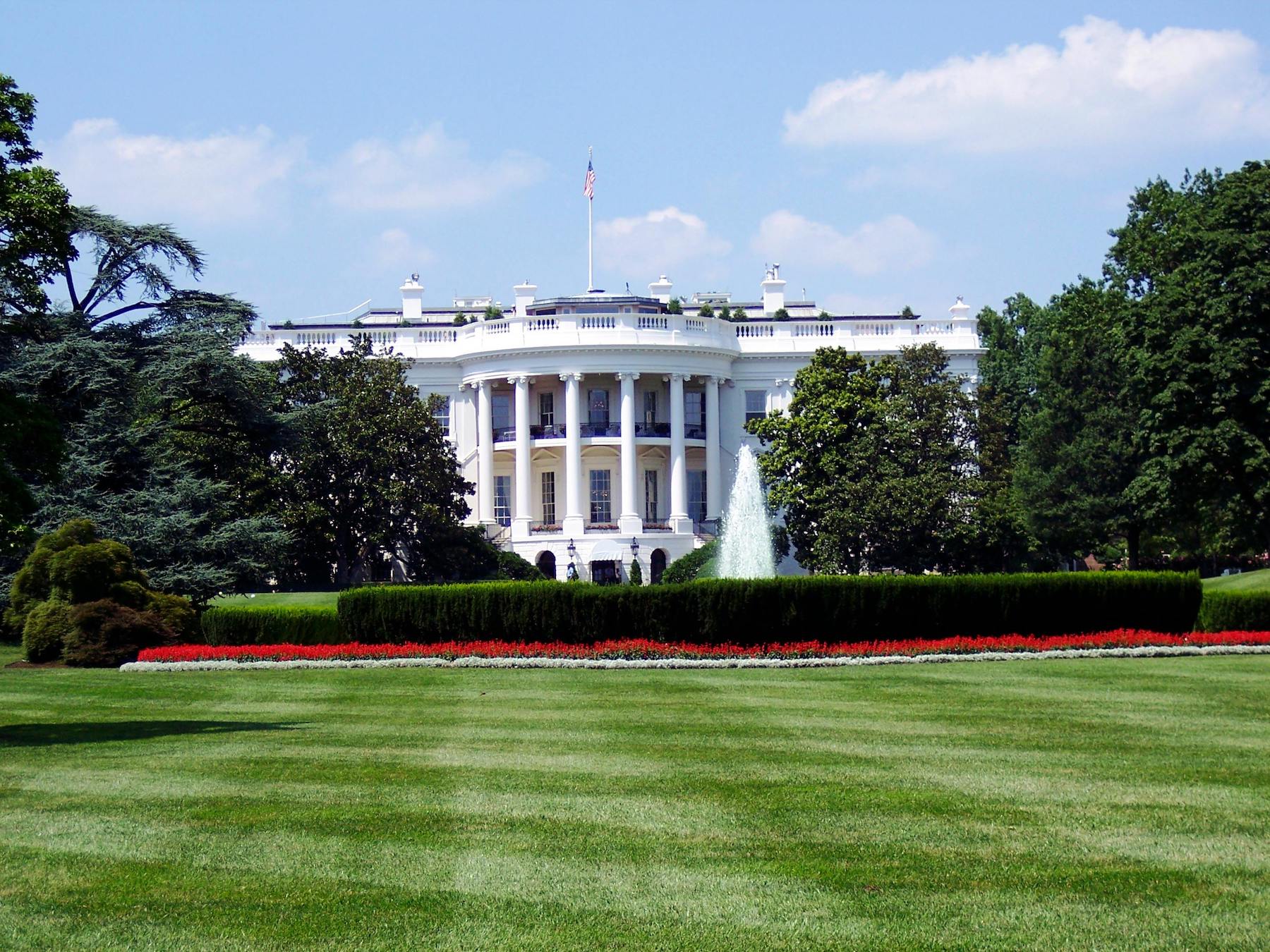
It has been a tough year for many. The pandemic and subsequent lockdowns that swept the world had drastic effects on the American economy.
At this point, many states have eased measures to varying degrees. Some states, such as California, still have strict rules but have eased up a little bit. Others, such as Florida, are almost entirely open and do not mandate masks.
However, cases of the flu and some other respiratory illnesses are known to spike in the winter. Many experts are theorizing that we will see a Covid-19 surge as well.
Will state governments or even the federal government shut down the economy in response?
The answer lies at the intersection between economics, politics, and science.
How Did the First Shutdown Effect the Jobs and Unemployment?
The first shutdown had devastating effects on jobs. The unemployment peaks at 14.7% in April 2020. By June 2020, 63% of all unemployed people said they couldn’t work because their employer closed or lost business.
These lockdowns hit businesses deemed “non-essential” and with limited remote work capabilities the hardest.
Construction is a prime example. Non-essential construction work was ordered to stop, leading to more temporary and permanent joblessness among workers.
Certain industries — such as tourism and hospitality — were harmed much more by shutdowns than many other sectors due to travel restrictions, too. This could partially explain discrepancies between states, as some states rely more heavily on these industries.
What Happens if We See Another Pandemic Shutdown?
Another Covid-19 shutdown would almost certainly cause an economic slowdown and a drastic increase in unemployment — possibly even a recession.
In a June 2020 interview with CNBC, Hartmut Issel, head of APAC equities at UBS Global Wealth Management, said, “Locking down an entire country … cost(s) you up to 3% of GDP per month, so even the richest nations on the planet cannot afford another two, three months complete lockdown”.
If the GDP shrinks for two consecutive quarters in conjunction with other economic indicators like rising unemployment, that means we’ve entered a recession.
Now, Congress has been working on another stimulus bill all year, and we will likely see it in 2021. The bill’s terms and the speed at which it passes depends on the results of the Georgia Senate run-off races.
Currently, Republicans have 50 senate seats, to the Democrats 48. If Republicans win at least one seat in the Georgia Senate, they will have a senate majority, so negotiations may delay the bill.
If Democrats win both seats, then the Senate is split 50-50 between the parties. Vice President-Elect Kamala Harris is responsible for breaking the tie — almost certainly in favor of the Democrats — which could accelerate the passage of stimulus.
What Are the Chances of a 2nd Shutdown?
President-Elect Joe Biden promised in his platform to work with governors and mayors to implement mask mandates nationwide.
On lockdowns, however, things aren’t as clear.
One of Donald Trump’s primary criticisms of Biden was that he would push for large-scale lockdowns, but Biden has not explicitly mentioned he would institute these policies — only that he would heed the scientists’ advice.
In an August 2020 interview with ABC News, Biden said, “I would be prepared to do whatever it takes to save lives because we cannot get the country moving until we control the virus… in order to keep the country running and moving, and the economy growing, and people employed, you have to fix the virus, you have to deal with the virus.”
When asked if he would shut down the economy if the scientists said it was the best course of action, Biden said, “I would shut it down. I would listen to the scientists.”
He later clarified that his second answer was a generic way of saying he would listen to the scientists first — not an explicit call for lockdowns.
Still, that means he may institute lockdowns if his scientific advisors told him that’s the best course of action.
With that said, there are some other factors at play here.
The Political Divide
Based on what we’ve seen already, states led by Democratic governors may be inclined towards more lockdown measures, especially since they are now working with a Democratic president.
On the other hand, some Republican governors may fight Biden on lockdowns or impose lighter measures. South Dakota never instituted lockdowns nor mask mandates, and Florida lifted all lockdowns earlier in 2020.
The Vaccine
Pfizer recently announced a vaccine with more than 90% effectiveness in protecting from the virus. If cleared for emergency use, it could be available as early as the end of 2020 or early 2021.
This may reduce the desire for the government to impose lockdowns.
Tolerance For Lockdowns
It’s worth noting that some public health experts are worried the public won’t tolerate more lockdowns, especially since we know so much more about Covid-19.
In fact, the 2nd half of Issel’s quote from earlier implies that many citizens would rather have a relatively open economy with masks and social distancing than more lockdowns.
The New Administration’s Public Image
Joe Biden has made it clear that he will take advice from scientists when addressing the pandemic, but he is likely aware of the economic consequences of lockdowns as well.
This may influence the actions he takes, as he may not be as aggressive in pursuing lockdowns if it could cause economic damage.
Can the President Lock Down the Country?
All of this begs the question: can the president institute a nationwide lockdown at all?
Because of our federalist system of government, the president can’t do such a thing. Trump considered it early in the pandemic, but ultimately, that power lies with states and localities.
However, Biden can strongly recommend that states lock down. Additionally, he can work with each governor and persuade them to lock down their states.
But given the potential economic consequences of locking down a second time and the recent vaccine news, we can’t be sure yet that Biden will seek further lockdown policies.
We will have to wait and see what policies Joe Biden and Kamala Harris pursue after the Inauguration on January 20th, 2021.




